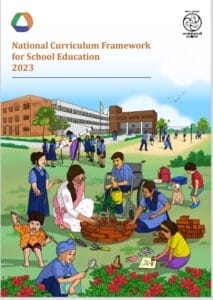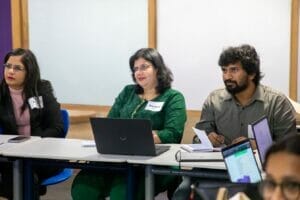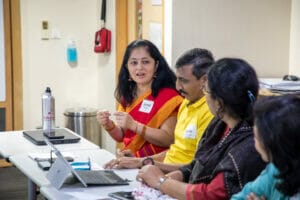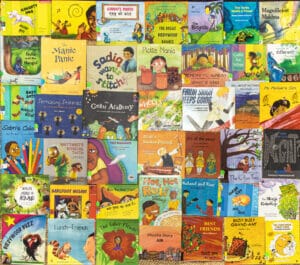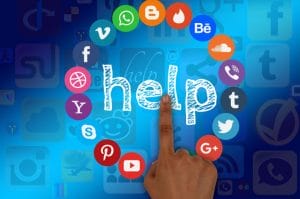Embracing Artificial Intelligence in Large Language Model Tools in Librarianship
Artificial Intelligence (AI) tools are revolutionizing every occupation, including librarianship. For librarians, embracing AI can save time, provide dynamic ideas, enhance library services, streamline administrative tasks, and facilitate deeper learning experiences for our patrons and profession. I am sharing ways I have used various AI tools to support my patrons. So much is happening, and I am excited to try out ChatGPT Omni. For now, here is a post about using AI tools.
Collection Analysis:
It is recommended that librarians use AI tools to accurately manage library resources and provide an analysis of our collection. I have not found them particularly useful, as our OPAC systems, like Destiny/Follett and Koha, already do a good job. These OPAC tools can help identify gaps in the collection by analyzing borrowing patterns along with the books on the shelves.
Research Support for High School
As a school librarian, I have found it very useful to use Perplexity AI and Bing Copilot to address queries, assist with research, and guide users in navigating large amounts of information by summarizing and providing sources. I am almost tempted to stop using Google.
I recently helped an IB student create an outline for his extended essay research using Grammarly Generative AI (Premium version) and ChatGPT 3.5. It gave him direction on gathering information step by step and incorporating it into his paper. I also created an EE Companion Chatbot, (using Chatgpt4) where students can submit their Extended Essay research papers and receive feedback.
Research Support for Middle School
One middle school student struggled to understand the concepts of capitalism and democracy, their evolution, and which form of government he might prefer. ChatGPT explained democracy and capitalism with a simple prompt: Explain democracy to a 4th grader with metaphors and examples.” It then provided questions to check the student’s understanding. (You need to include the prompt asking the AI tool to work as a kind, supportive Tutor, that doesn’t give the answers right away)
Supporting Teachers
In collaboration with a Language Arts teacher, she and I created a Mizou chatbot that could translate Shakespearean language into modern English to understand Romeo and Juliet, aiding students in understanding the nuances of Romeo and Juliet. Check out other examples on the Mizou gallery.
As a librarian, I support English Language Learners using Diffit , which helps scaffold text and simplify videos. This tool makes delivering content and concepts easier. Input a link, select the grade level, ask for comprehension questions, and it’s ready for you.
Recently, I used Brisk to create a presentation on Google Slides, lesson plans, and a quiz. I didn’t need to embed it in another tool, as it did everything for me.
I love these tools; they help make life easy.
AI tools that I have used.
– Magic School: content creator, YouTube summaries and questions, choice boards
– Eduaide.ai
– ChatGPT
– Bing Copilot
– Perplexity
Crowdsourced Ideas
Some crowdsourced ideas on how other librarians are using ChatGPT are here:
1. Emails
2. Library reports
3. Lesson plans
4. Citations
5. Library Manual
6. Library evaluation
7. Curating or recommending resources
8. Formulating questions
9. Generating ideas
10. Book reviews
11. Age-appropriate book recommendations
12. Character descriptions
13. Title recommendations based on learner profiles
14. Book classification through AI
15. Reading challenge questionnaires
16. Book-based interactive activities
17. Quizzes based on books
Ethical use of AI tools
Issues related to privacy, data security, and the ethical use of AI should be carefully considered. I’m glad the technology team at my school manages data security while the entire team, including librarians, ensures ethical use of information. I am using the IB-prescribed norms and am inspired by Wharton Professor Ethan Mollick’s work. I recently presented at the Unplugged Conference on the ethical use of AI tools. Here is the revised presentation (if it makes sense)
As we move forward, it is exciting to see how AI continues to shape the future of librarianship, opening new avenues for collaboration and use of information, and driving and building our intelligence and creativity.




